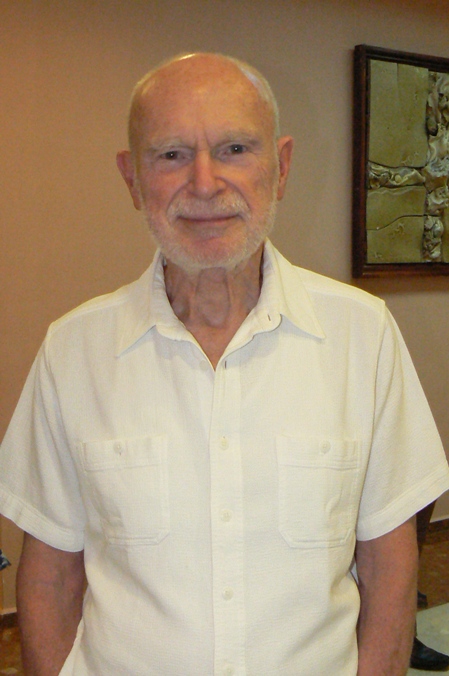“Systems science is what systems scientists do when they claim they do science.”
Facets of Systems Science, (2001)
George Klir était informaticien américain.

“Systems science is what systems scientists do when they claim they do science.”
Facets of Systems Science, (2001)
Source: Fuzzy sets and fuzzy logic (1995), p. 205 cited in: Flavio Comim, et al. (2008) The Capability Approach: Concepts, Measures and Applications. p. 298.
Source: Facets of Systems Science, (2001), p. 4.
Source: Fuzzy sets and fuzzy logic (1995), p. 1-2.
Source: Fuzzy sets and fuzzy logic (1995), p. 2.
Source: An approach to general systems theory (1969), p. 40.
Source: Facets of Systems Science, (2001), p. 3.
Source: Fuzzy sets and fuzzy logic (1995), p. 1.
Source: An approach to general systems theory (1969), p. 97 as cited in: B. Van Rootselaar (2009) Annals of Systems Research. p. 114: About the aim of general systems theory
Source: Fuzzy sets and fuzzy logic (1995), p. 2-3.
Lotfi Asker Zadeh, George Klir, Bo Yuan (1996) Fuzzy Sets, Fuzzy Logic, and Fuzzy Systems: Selected Papers. p. 238.
“No classification is complete and perfect for all purposes.”
Source: An approach to general systems theory (1969), p. 69.
George Klir (2001) Facets of Systems Science. Kluwer: New York. p. 5; As cited by: Hieronymi, A. (2013), Understanding Systems Science: A Visual and Integrative Approach. Syst. Res. doi: 10.1002/sres.2215.
Source: Fuzzy sets and fuzzy logic (1995), p. 312 as cited in: William Siler, James J. Buckley (2005) Fuzzy Expert Systems and Fuzzy Reasoning. p. 36.
In science, this change has been manifested by a gradual transition from the traditional view, which insists that uncertainty is undesirable in science and should be avoided by all possible means, to an alternative view, which is tolerant of uncertainty and insists that science cannot avoid it. According to the traditional view, science should strive for certainty in all its manifestations (precision, specificity, sharpness, consistency, etc.); hence, uncertainty (imprecision, nonspecificity, vagueness, inconsistency,etc.) is regarded as unscientific. According to the alternative (or modem) view, uncertainty is considered essential to science; it is not only an unavoidable plague, but it has, in fact, a great utility.
Source: Fuzzy sets and fuzzy logic (1995), p. 1.